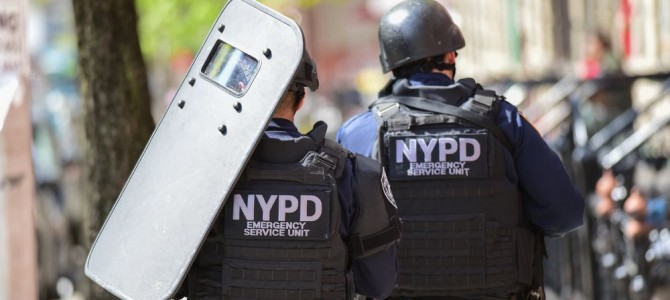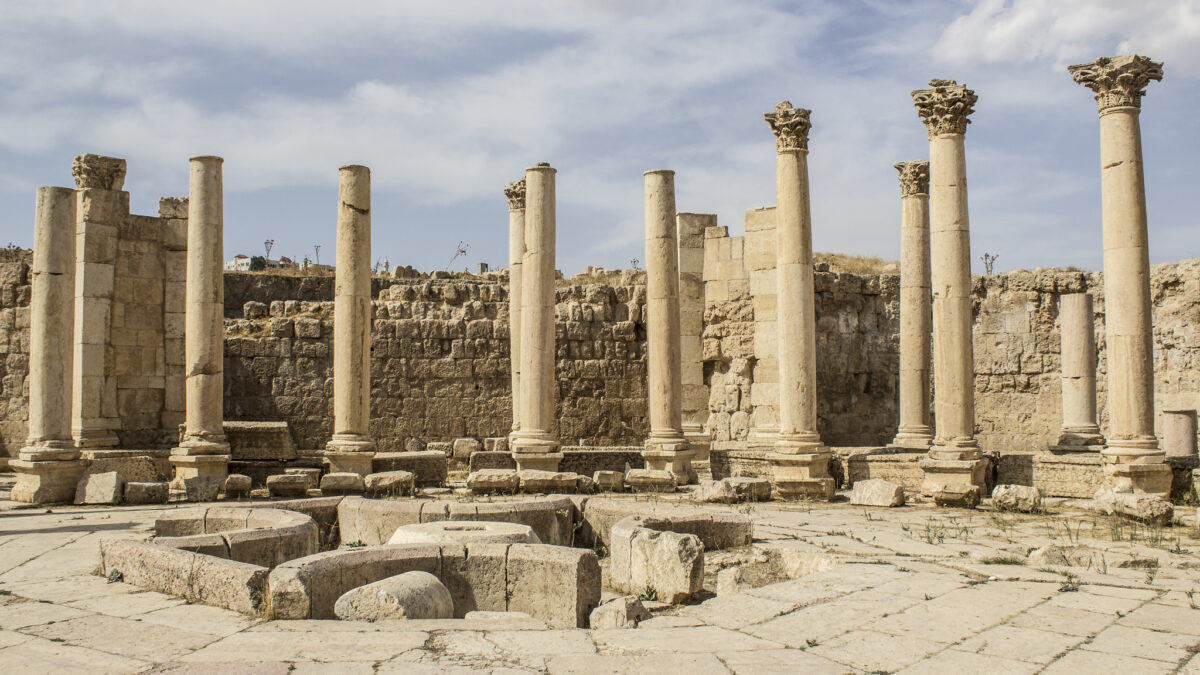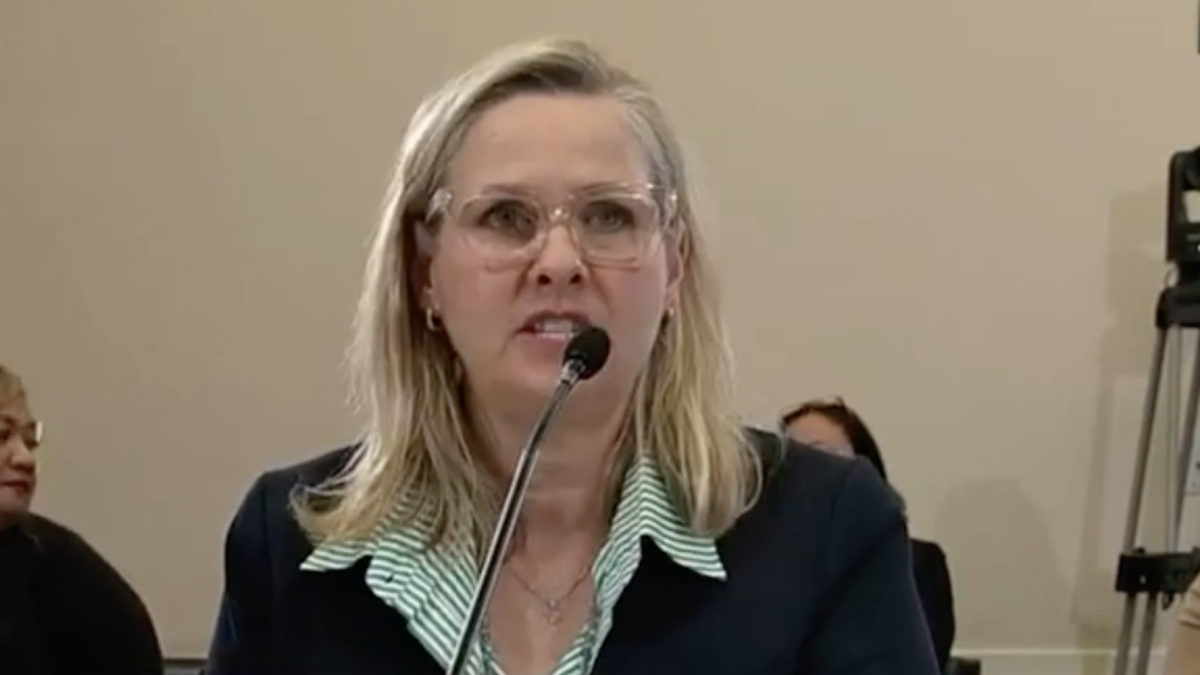
Yesterday, in the wake of the horrific Islamic terrorist attack on Brussels, Ted Cruz said we must ignore political correctness and “empower law enforcement to patrol and secure Muslims neighborhoods before they become radicalized.” As has often been the case this election cycle, Cruz’s measured and rational words have been twisted into some kind of fascistic call for rounding up Muslims. Nothing could be farther from the truth.
Later in the day Cruz clarified his comments, citing the example of the New York City Police Department’s (NYPD’s) anti-terrorism efforts under former mayor Michael Bloomberg. But even this clarification was misunderstood by those convinced Cruz is unhinged. Vox’s Matthew Yglesias thought Cruz was talking about “Stop, question and frisk.”
@yeselson @DLind Turns out I misunderstood. It's not stop-and-frisk it's this https://t.co/cNgbfnrCSM
— Matthew Yglesias (@mattyglesias) March 22, 2016
As it turns out, Cruz was referring to a successful counter-terrorism program that was undermined by liberal journalists and abandoned, leaving the city and the country less safe. In 2012 the Associated Press won a Pulitzer Prize for its reporting on the NYPD’s counter-terrorism efforts. By their account, a frightening malfeasance of spying and violation of rights was at the heart of the program. But in fact, the much-needed work of the NYPD was not only legal, it was also successful.
In a 2012 article for Commentary magazine, Mitchell D. Silber takes on the AP’s criticism with an astounding point-by-point admonishment of their take. The entire article is well worth revisiting, especially in light of the recent attacks in Paris and Brussels, but here a few key points.
Let’s Count the Ways this Program Protected Innocents
On criticisms that the NYPD’s Demographics Unit was violating the rights of Muslims, Silber counters: “Plainclothes officers of the Demographics Unit were deployed for this mission. They went into neighborhoods that had heavy concentrations of populations from the ‘countries of interest’ and walked around, purchased a cup of tea or coffee, had lunch and observed the individuals in the public establishments they entered. This is an important point: Only public locations were visited. Doing so was perfectly within the purview of the NYPD.”
Let’s understand this clearly. Critics of the program, apparently including the Pulitzer committee, object to police being in public places, observing public situations. Where are they supposed to be? In some kind of game show silent tank? Unable to deal with crime or acts of war until they have already occurred? This is madness. It’s not a game show; it doesn’t have to be fair.
On criticisms that the NYPD had no real results to show for its program: “the Demographics Unit was critical in identifying the Islamic Books and Tapes bookstore in Brooklyn as a venue for radicalization. Information the unit collected about the store provided a predicate for an investigation that thwarted a 2004 plot against the Herald Square subway station. The unit also played a role in forming the initiation of an investigation that led to the 2008 identification ofAbdel Hameed Shehadeh, a New Yorker who was arrested and is currently facing federal charges for allegedly lying about his plans to travel to Afghanistan in order to kill U.S. servicemen.”
But hey, that’s only two examples. I’m a New Yorker, so now and then I find myself at the Herald Square subway station. I’d prefer that the NYPD pursue relevant information regarding terrorist attacks there before I take my kid to see Santa at Macy’s. This is just common sense—a quality that has been lost in the quantity of big talk that has distracted us so completely.
On the need for police to predict: “By portraying the NYPD efforts as rogue operations, the AP and the Pulitzer committee are seeking to slacken attempts inside the United States to stop terrorist plots before they happen. Letting these false and misleading stories alter local counterterrorism work would be catastrophic. It has taken many hard years to craft the effective anti-terrorism policies that serve us so well today.”
This is frankly an area where Bernie Sanders socialists and Gary Johnson libertarians find some common ground in opposition. And I dig it; law enforcement predicting complicity seems to run counter to every American ideal of jurisprudence.
But in predicting, or anticipating, potentially catastrophic actions by terrorists, law enforcement is playing defense, not offense. These methods aren’t new. They were used to take down the Mafia. But in 1980, nobody in the liberal press was insisting that if you are investigating the Mafia you need just as many cameras in Bed Stuy and the Upper East Side as in Little Italy and Bensonhurst. You got to go where the game is.
Stop with the Double Standards
If Cruz deserves any criticism here, it is for invoking the idea of political correctness in a nuanced approach to anti-terrorism. PC has become a linguistic dead wood. This term conflates legitimate concerns about surveillance and civil liberties with the cultural appropriation of taco night, and has probably outlived its usefulness. But in as much as political correctness suggests that legal measures must not be taken if they insult anyone’s sensibilities, then Cruz has a point.
Perhaps the most telling aspect of this scrutiny into Cruz’s sober and reasonable opinion is the scrutiny himself. Hillary Clinton and Bernie Sanders gaffe at will. Donald Trump takes three positions contradicting each other in a news cycle and the bobble heads keep bobbling. But Cruz is subjected to a soul-searching deep dive every time he puts on his boots. It’s like he’s the presidential candidate defending his PhD dissertation.
The tragedies in Paris and Brussels show us that we need more, not less of former NYPD commissioner Ray Kelley’s approach to counter-terrorism. Cruz is right to cite his example. Honestly, folks, that’s all he was saying. He wasn’t calling for balaclava-bearing Special Ops to target shop owners in Bay Ridge, Brooklyn. He was calling for a return to a policy that recognizes the unique challenge terrorism presents.
Sometimes Cruz reminds me of Jessica Rabbit: He’s not bad, he’s just drawn that way. His look, his style, his place in recent political history all paint him easily as the villain. But there are two kinds of villains. There are the ones who are irredeemable and vanquished, and the ones who learn great lessons and go on to lead. On the issue of police and counter-terrorism, Cruz is leading. And we would be wise to follow.









